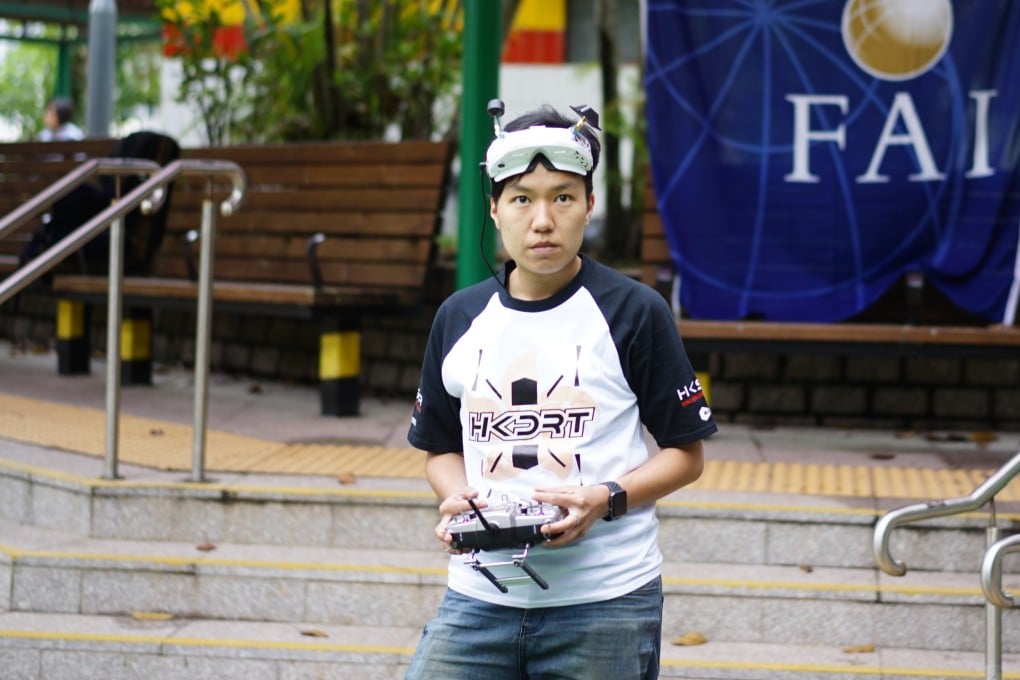Advertisement
Drone racing at the World Games – and the weird wonder of flying discs, broadsword and tug of war
- Alabama extravaganza features athletes from more than 100 countries, and some sports that many will not have seen too often
- Hong Kong’s athletes, including a drone racer, are profiled here along with some sports to look out for
Reading Time:3 minutes
Why you can trust SCMP

Could drone racing offer a glimpse of the future of sport?
Over 11 days in Birmingham, Alabama, the duelling drones and various other intriguing disciplines will be thrust into the spotlight – some futuristic, others ancient and many having to be seen to be believed.
This has been the nature of the World Games since it began in 1981, held every four years and featuring events not found in the Olympics. Birmingham will host 3,600 athletes from more than countries in 34 sports – some of them requiring a beginner’s guide.
Advertisement
Fistball? Floorball? Flag football? Finswimming? Flying disc? Five ‘F’s fit to flabbergast and flummox first-time fans. Tug of war, sumo and waterski/wakeboard are among the more recognisable, but this is one of the less conventional mainstream sporting jamborees.
After the opening ceremony on Thursday are 10 days of competition, and an athletes’ party halfway through.

When is the drone racing?
Advertisement
Select Voice
Select Speed
1.00x